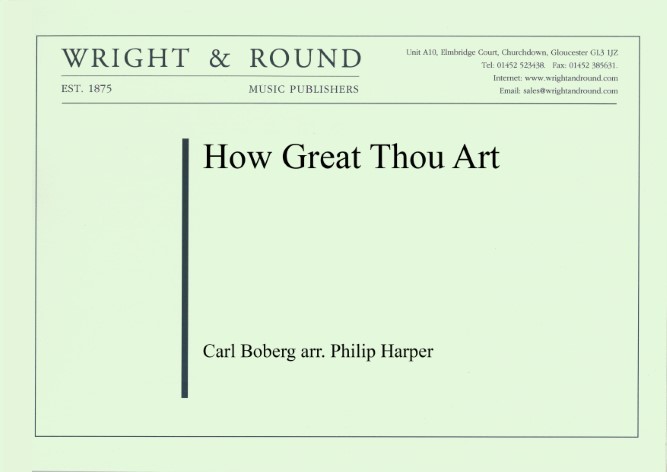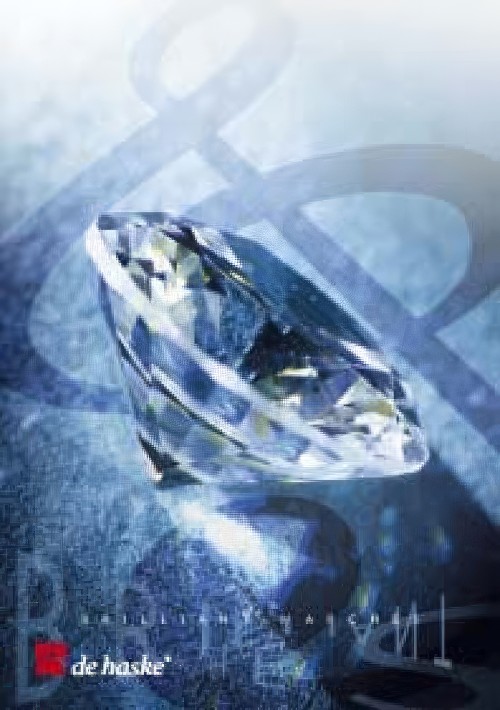Results
-
£61.00
Loving Music (Bra) - Patrick Verhaegen
Serene composition by Belgian composer Patrick Verhaegen, written as a tribute to the passionate music lover.
Estimated dispatch 7-14 working days
-
£39.00
Doc McStuffins Theme - Hanley, Lewis & Petty - Idar Torskangerpoll
From the TV series with the same name. A tribute to the Doc who can repair any toy. This simple and short shuffle-tune will fit any entertainment concert.Watch the balance when melody is in part 3. You may leave out some players if necessary.
Estimated dispatch 7-14 working days
-
£29.95
CROWN OF CONQUEST (Brass Band Set) - Ray Steadman-Allen
This march was written as a tribute to Bandmaster Arthur Gullidge and his company of Australian Salvationist musicians who perished during World War Two. The composer deliberately reproduced the general characteristics of Gullidge's own distinctive style of march writing.
Estimated dispatch 7-14 working days
-
 £60.99
£60.99Pioneers of the Lowlands - Jacob de Haan
This concert march is a tribute to the "pioneers" in the world of brass music in the Lowlands of Netherlands, the original founders of the bands and the people who take the lead in organising the societies and associations in the band movement. Celebrate the joy and friendship of the brass band movement with this truly uplifting march.
Estimated dispatch 5-14 working days
-
 £35.00
£35.00How Great Thou Art (Brass Band - Score and Parts) - Boberg, Carl - Harper, Philip
A tribute to Cory legend Ian Williams (1966-2018). Suitable for 4th Section Bands and above
Estimated dispatch 7-14 working days
-
 £29.95
£29.95Crown Of Conquest (Brass Band - Score and Parts) - Steadman-Allen, Ray
This march was written as a tribute to Bandmaster Arthur Gullidge and his company of Australian Salvationist musicians who perished during World War Two. The composer deliberately reproduced the general characteristics of Gullidge's own distinctive style of march writing.
Estimated dispatch 7-14 working days
-
 £14.95
£14.95Crown Of Conquest (Brass Band - Score only) - Steadman-Allen, Ray
This march was written as a tribute to Bandmaster Arthur Gullidge and his company of Australian Salvationist musicians who perished during World War Two. The composer deliberately reproduced the general characteristics of Gullidge's own distinctive style of march writing.
Estimated dispatch 7-14 working days
-
 £60.99
£60.99Pioneers of the Lowlands (Brass Band - Score and Parts) - De Haan, Jacob
This concert march is a tribute to the pioneers in the world of brass music in the Lowlands of Netherlands, the original founders of the bands and the people who take the lead in organising the societies and associations in the band movement. Celebrate the joy and friendship of the brass band movement with this truly uplifting march.Duration: 3:00
Estimated dispatch 7-14 working days
-
 £58.60
£58.60ASTAIRE! (Brass Band) - Smith, Sandy
A Tribute to Fred Astaire. Grade: medium.
Estimated dispatch 7-14 working days
